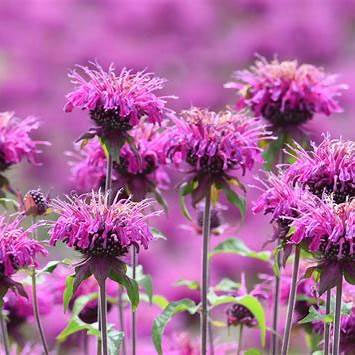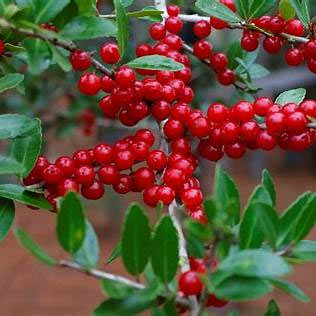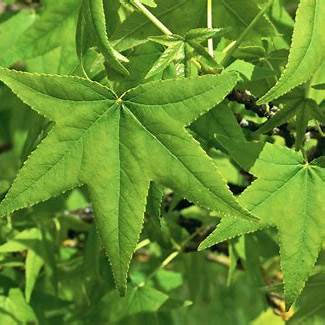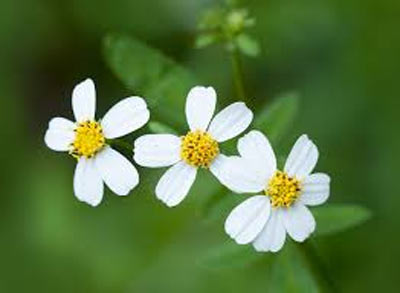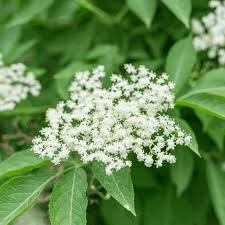(All can be grown or foraged in Central Florida)
Before modern filters and purification tablets, communities across the world relied on local plants to improve the flavor and safety of their water. While we now know to boil or filter all wild water first, the practice of steeping herbs after purification remains both a wise and beautiful tradition—enhancing not just taste, but wellbeing.
In Central Florida, we’re surrounded by native plants that were once steeped in hot water to “sweeten” the taste, calm the stomach, or offer gentle medicinal support. Below is a list of some of the most useful and accessible herbs that can be foraged or grown in your own backyard garden.
Yaupon Holly (Ilex vomitoria)
-
Native to: Southeastern U.S., including Central Florida
-
Used for: Making a caffeinated tea; revered by Native tribes
-
Traditional role: Though not a disinfectant, its roasted leaves were brewed in ceremonial and medicinal water
-
How to use: Dry, then steep roasted leaves for a safe, energizing tea
Sweetgum Leaf (Liquidambar styraciflua)
-
Native to: Florida woodlands
-
Used for: Astringent, antiseptic qualities
-
Traditional role: Leaves and resin used in decoctions for coughs and infections
-
Caution: Always boil or steep with guidance—resin can be strong
Bee Balm / Wild Bergamot (Monarda punctata)
-
Native to: Central and North Florida
-
Used for: Antimicrobial, antifungal, calming to the digestive tract
-
Traditional role: Infused in hot water to “clarify” unpleasant-tasting water after boiling
-
Taste: Spicy, minty, pungent
Spanish Needles (Bidens alba)
-
Native to: Everywhere in Florida
-
Used for: Antibacterial, anti-inflammatory, and immune-supporting
-
Traditional role: Often infused or decocted in water after straining
-
Bonus: A pollinator magnet in the garden
Pine Needles (Pinus elliottii, Slash Pine)
-
Native to: Central Florida
-
Used for: High in vitamin C, gently antimicrobial
-
Traditional role: Steeped to make pine needle tea, especially when water tasted “flat” or stale
-
Flavor: Citrusy, slightly resinous
Elderflower (Sambucus nigra ssp. canadensis)
-
Native to: Florida wetlands and forest edges
-
Used for: Antiviral and diaphoretic properties
-
Traditional role: Steeped in warm water post-boil, not as a purifier but as a health tonic
-
Note: Only use flowers, not stems or unripe berries (which can be toxic)
Important Safety Notes:
These herbs do not replace filtration, boiling, or chemical purification.
Always use safely identified plants—when in doubt, don’t drink it.
Steep only in water that’s been properly purified first.
Herbal Wisdom from the Garden:
After water was boiled or filtered, early Floridians often steeped wild herbs like bee balm, pine needles, or Spanish needles to “sweeten” the flavor and support health. These traditions remain part of Central Florida’s living landscape—and legacy.

